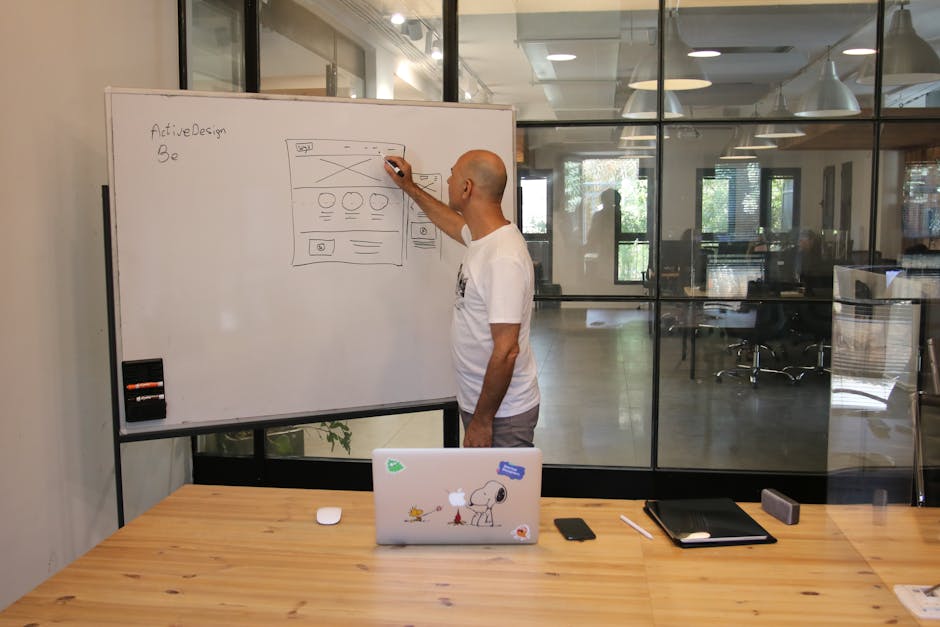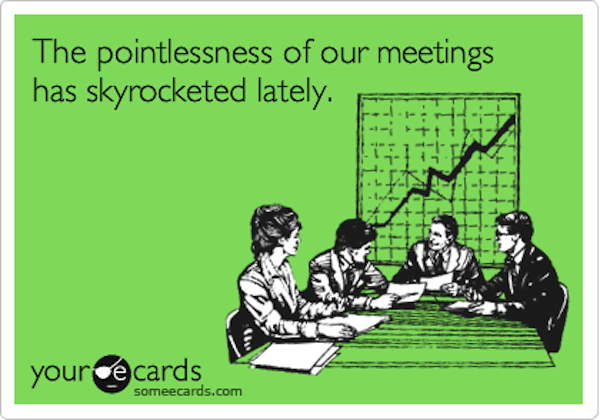As we all know, these days technology is almost omnipresent. It can be difficult trying to find quality time to just sit down with someone face-to-face without it being interrupted by a phone call or video chat.
Meeting in person takes more effort than doing things online, but it has perks. Not only do you get to meet people in person, but you also gain knowledge of them and establish relationships.
Given how dependent most of us are on our phones, this can be tricky to accomplish. Luckily, there are ways to make in-person meetings less stressful for everyone involved.
By using a tool such as Google Meet or Skype, people will be able to connect virtually and feel comfortable doing so. All participants can also use their device of choice to access the app and software, making it more convenient for them.
This article will discuss some helpful tips that can be done before, during, and after a meeting via zoom.
Provide structure

One of the biggest reasons why people get lost in a meeting is because there’s no clear agenda or goal.
It can be hard to ask appropriate questions and stay engaged if you don’t know what the other person was talking about when they arrived.
And if you are trying to make a decision, having nothing solid makes it more difficult.
So how can we ensure that doesn’t happen?
We keep things moving forward by providing as much context as possible for every topic and by asking good, engaging questions.
Make the meeting productive

Photo by fauxels on Pexels
A Zoom meeting is not any other type of meeting, so you need to be extra conscious about how much time you spend in the meeting and what types of activities are allowed.
Meetings that drag on longer than planned will only waste everyone’s time, especially if someone needs to get home or another engagement is scheduled after the end of the meeting.
Everyone needs different amounts of time to prepare for the meeting, gather information, and discuss things. Some may even need to check something out or talk to one person outside the group.
Give people enough time to do their work and stay within your budget!
Avoid having the conversation at the start of the meeting since this could take up too much time. The best way to handle this is to have it as an agenda item later in the day when everyone is prepared.
Take notes

Even if you have prepared ahead of time, there is no guarantee that people will listen to review those materials before the meeting. Plus, some things just don’t seem important until you are actually doing them!
So, what do you do when someone invites you or requests your attendance at a meeting and says they want to talk about something but never mention the topic? They might ask you how much money they should invest in their business, but they never tell you whether it made sense for them to invest.
They could be trying to get your opinion, so take note of the basics like who they work with, what products and services they use, and anything else related to their business.
But beyond that, treat the conversation as any other by taking notes and looking up material online afterward.
Be consistent

Photo by Julia M Cameron on Pexels
Photo by Anna Shvets on Pexels
Consistency is your best friend when it comes to meeting management. This means knowing what time you will meet with people, how long it will last, and being able to replicate that consistency every week or month.
Often, meeting organizers get distracted by something they must do next or someone they need to talk to after the meeting. They forget to leave enough time for those things, so they run late themselves!
This can be very frustrating for you and others involved in the meeting, especially if there was a lot of work to be done before the meeting or you had planned additional activities for this group beyond the meeting.
Planning ahead and setting appropriate timing estimates makes leaving early easier. If you are not able to stay until the end of the meeting, then start the meeting later or offer using another location or equipment so people can join you there.
Assign tasks

Photo by Anna Shvets on Pexels
Assigning tasks during a meeting is an important time-management strategy to ensure everyone knows exactly what their role and goal are for completing their action items.
Assign someone to be the official notetaker and make it clear that they should listen specifically to action items that need to be taken out of the meeting. This will also provide accountability so that none of the action items that were discussed go forgotten.
Having this in mind, attendees can then clearly prioritize their tasks after the meeting ends, creating a more efficient workflow overall.
Make it clear what is expected

Photo by fauxels on Pexels
As the meeting host, time management is key. Before each meeting, be sure to make clear what you expect from participants in terms of preparation. This ensures everyone comes prepared and ready to contribute.
Establishing time markers for different agenda topics gives participants a sense of how long each discussion will last and allows them to adjust their time accordingly.
Additionally, adding time slots for questions and answers helps keep meetings on track while giving attendees time to get the clarity they need. With this framework in place, meetings run more effectively, efficiently, and productively.
Anticipate difficult situations

Photo by Anna Shvets on Pexels
Unprepared and chaotic meetings are a huge time waster - and one-third of all meeting time is wasted on emotional discussions. However, there's no need for your meeting agenda to go off-course!
By taking precautions ahead of time, such as identifying potential distractions or addressing attendees' personal issues before the meeting begins, you can keep your gatherings efficient and productive.
Also, consider how everyone will interact with each other within the group dynamics: this is key for all involved parties to have an enjoyable experience during their discussions.
Be assertive

Photo by Anna Shvets on Pexels
It's important to manage time well in Zoom meetings, especially if time is limited. As the time limit approaches, be assertive and redirect any off-topic conversations for another time.
This can be done politely, especially if you restate the intended outcome: to discuss and decide on the agenda items in the available time.
Ending on time is a great way to respect others' time and maintain focus throughout the meeting. It also shows an understanding of time management – knowing when conversations should continue or need to be saved for later.





